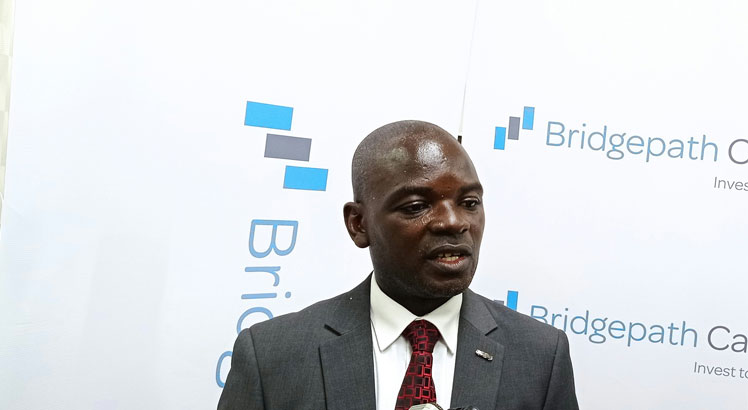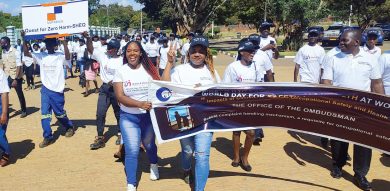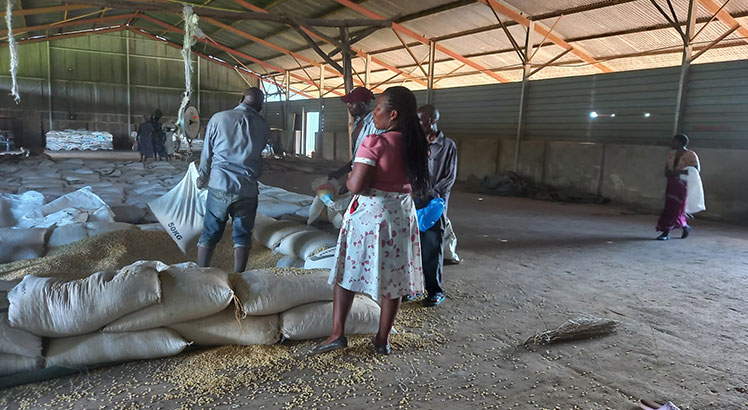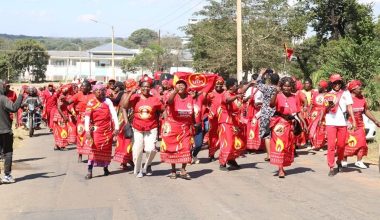Chakwera’s Sona draws mixed reactions
Malawians yesterday expressed mixed reactions to President Lazarus Chakwera’s State of the Nation Address (Sona) with some trashing it as a ‘repetition document’ while others called it ‘a manuscript of hope’.
In separate interviews with Weekend Nation, after Chakwera’s two and a half hours address in Parliament, some commentators claimed that his fourth Sona has failed to provide solutions to a myriad of challenges the citizenry are facing as he continues with promises.
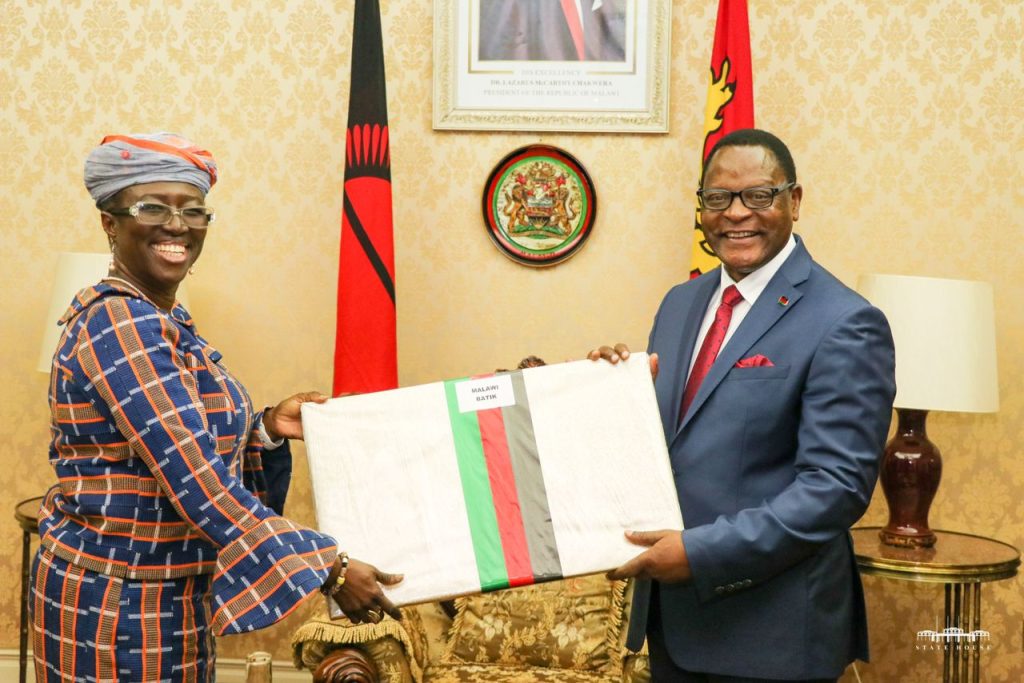
Centre for Human Rights and Rehabilitation executive director Michael Kaiyatsa said while the Sona had some issues they were happy with, certain things were just a repetition of what he previously told Malawians.
“We expected more from what the President delivered. For example, he needed to give Malawians a complete report on the progress he has made, especially on the three key areas he highlighted which are wealth creation, job creation and food security.
“We also expected him to give us an account on the progress he has made towards fixing the broken and corrupt system, because during the last Sona he had talked about the broken system, but we haven’t heard much on that,” he observed.
Kaiyatsa said while it was pleasing to note that the President had acknowledged that the economy was in a shambles, it was imperative for him to also outline the measures government will implement to bail Malawians out.
However, the human rights activist saluted government for removing the expiry date on the national ID, which he said had been an issue frequently raised by most needy Malawians to pay for its renewal when it expires.
On his part, governance and human rights advocate Undule Mwakasungula said the Sona was a “mixed bag with hope and some uncertainty at the same time”.
“But I saw a lot of plans which government is embarking on for socio-economic development to help uplift the well-being of Malawians. However, it was important for the Sona to elaborate more on how the energy sector will help to revive the struggling economy,” he said.
The activist also hailed Chakwera for his renewed commitment in the fight against corruption by pushing for the Financial and Economic Crimes Court to speed up corruption cases while requesting the courts to put the same as a priority.
But writing on his Facebook page, economist Betchani Tchereni observed that Chakwera’s Sona had a lot that Malawians did not get to know or see.
He said: “Many of us never even had an idea such developments have been and are still happening in Malawi. I get a sense that the information machinery of government has been focusing on things immaterial.
“Real activities, developments and undertakings in many sectors of our EKHONOMY [economy] have kind of been happening “clandestinely”, as if requiring the privy of only those with access to intelligence, to the extent that the information machinery has not been appraising Malawians about.”
But the Malawi University of Business and Applied Science lecturer observed that the Sona, seemed unknown to many, including some members of the august House.
“One can see and observe that they too are surprised that the real State of the Nation is rather factually untold. The real State of the Nation is not in social media, indeed,” wrote Tchereni.
However, National Planning Commission director general Thomas Munthali said Malawians should not underrate the achievements the country has made.
He observed that there were some nations that have not even grown but recessed in terms of growth rates.
“But what it also shows us is that a lot of achievements that we have made are at the back of development partners’ support, meaning that we need to ask ourselves how sustainable is this.
“That is why the President was clearly highlighting areas of mining, tourism, commercialised agriculture, power and so on so that he sends a clear message to the Ministry of Finance that when we are financing this national budget we have to be sure that we are putting more resources into the productive sectors without neglecting the social sectors because the social sectors, though important they are, they don’t generate resources,” said Munthali.
United Nations resident coordinator Rebecca Adda-Dontoh said from the UN perspective, the President highlighted on people and planet which is important in that he spoke about the need for economic transformation to create jobs and wealth, to ensure that vulnerable people are not left behind.
“That is very important in the achievement of Sustainable Development Goals and also Malawi 2063. As UN, we will support government to achieve its development aspirations,” she said.
politicised


